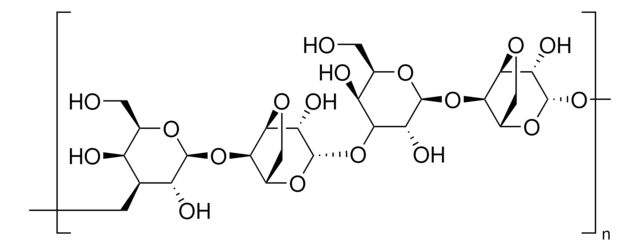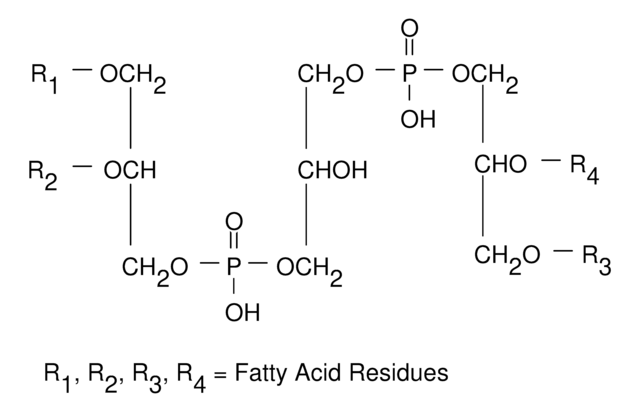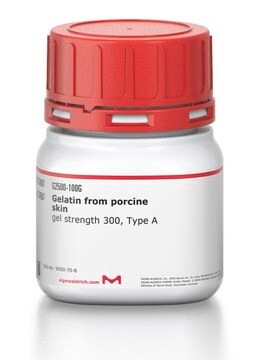A7104
Anti-AtMPK6 antibody produced in rabbit
affinity isolated antibody, liquid
Sinonimo/i:
Anti-Arabidopsis thaliana MPK6
About This Item
Prodotti consigliati
Origine biologica
rabbit
Coniugato
unconjugated
Forma dell’anticorpo
affinity isolated antibody
Tipo di anticorpo
primary antibodies
Grado
Molecular Biology
for molecular biology
Clone
polyclonal
Stato
liquid
PM
antigen 47 kDa
Reattività contro le specie
Arabidopsis thaliana
tecniche
western blot: 0.25-0.5 μg/mL using extract (cytosolic fraction) of Arabidopsis thaliana leaves
Condizioni di spedizione
dry ice
Temperatura di conservazione
−20°C
modifica post-traduzionali bersaglio
unmodified
Informazioni sul gene
Arabidopsis thaliana ... ATMPK6(818982)
Descrizione generale
Immunogeno
Applicazioni
Western Blotting (1 paper)
Azioni biochim/fisiol
Stato fisico
Esclusione di responsabilità
Non trovi il prodotto giusto?
Prova il nostro Motore di ricerca dei prodotti.
Prodotti correlati
Codice della classe di stoccaggio
10 - Combustible liquids
Classe di pericolosità dell'acqua (WGK)
nwg
Punto d’infiammabilità (°F)
Not applicable
Punto d’infiammabilità (°C)
Not applicable
Scegli una delle versioni più recenti:
Possiedi già questo prodotto?
I documenti relativi ai prodotti acquistati recentemente sono disponibili nell’Archivio dei documenti.
Il team dei nostri ricercatori vanta grande esperienza in tutte le aree della ricerca quali Life Science, scienza dei materiali, sintesi chimica, cromatografia, discipline analitiche, ecc..
Contatta l'Assistenza Tecnica.








